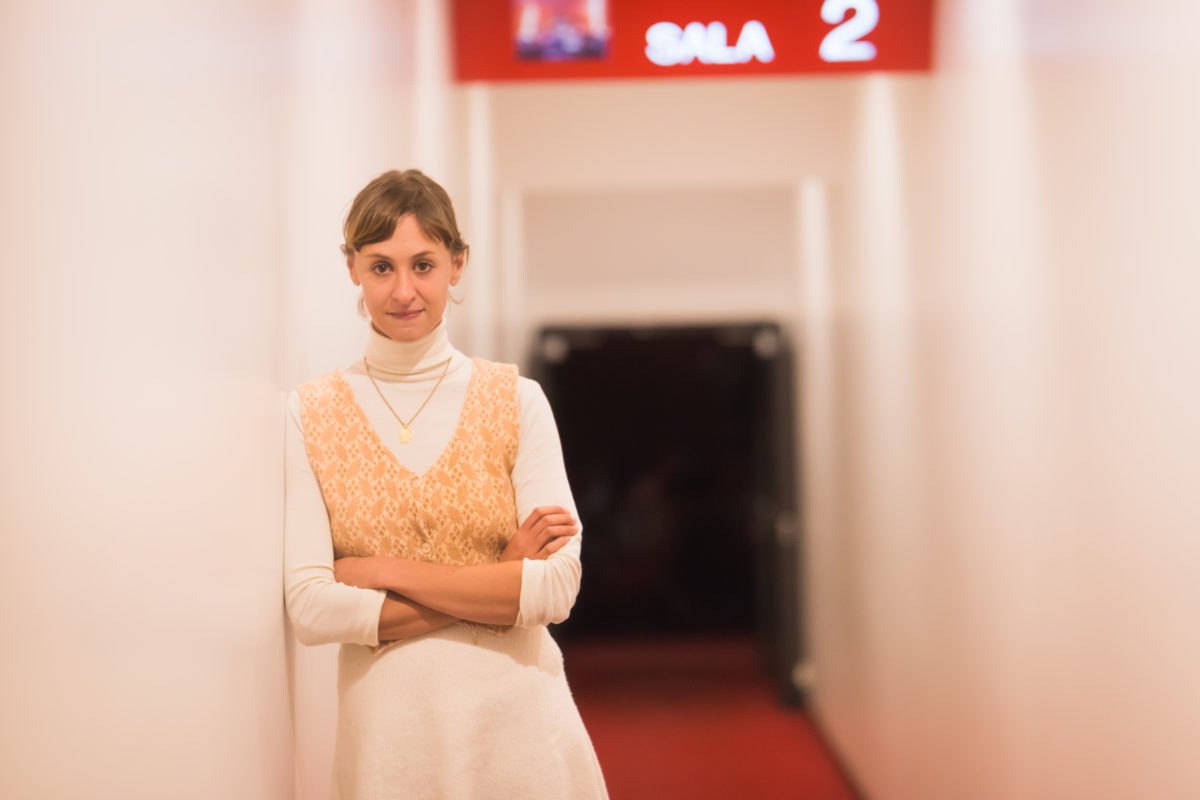Basma al-Sharif

Lives and works in Berlin.
Basma al-Sharif (b. 1983) is a Palestinian artist working in cinema and installation. She developed her practice nomadically between the Middle East, Europe, and North America and is currently based in Berlin. Her practice looks at cyclical political conflicts and confronts the legacy of colonialism through satirical, immersive, and lyrical works.
She received an MFA from the University of Illinois at Chicago in 2007, was a resident of the Fondazione Antonio Ratti in 2009, and the Pavillon Neuflize OBC at the Palais de Tokyo in 2014-15. She received a Jury prize at the Sharjah Biennial in 2009, the Visual Arts Grant from the Fundación Botín in 2010, Mophradat’s Consortium Commissions in 2018, and is currently a fellow of the Berlin Artistic Research Grant Programme for 2022-2023. In 2024, Basma al-Sharif was nominated for the Aware Award.
Al-Sharif’s major exhibitions include: The Hannah Ryggen Triennal, The Place I was Condemned to Live, de Appel Amsterdam, the 5th edition of Kochi-Muziris Biennale, the Ruttenberg Contemporary Photography Series for the Museum of the Art Institute of Chicago, Modern Mondays at MOMA, CCA Glasgow, the Whitney Biennial, Here and Elsewhere at the New Museum, Berlin Documentary Forum, and Manifesta 8. Her films have been screened in the international film festivals of Locarno, Berlin, Mar del Plata, Milan, London, Toronto, New York, Montreal, and Yamagata amongst others. Her first exhibition at Imane Farès, On Love & Other Landscapes, with Yazan Khalili, was held in 2013.
In 2025 Basma al-Sharif will be part of the Gotebörg Biennial. Her monograph Semi-Nomadic Debt-Ridden Bedouins will be published by Lenz in May 2025.